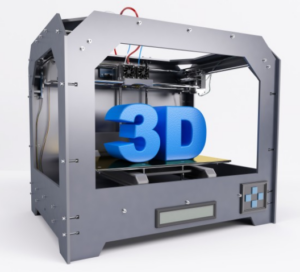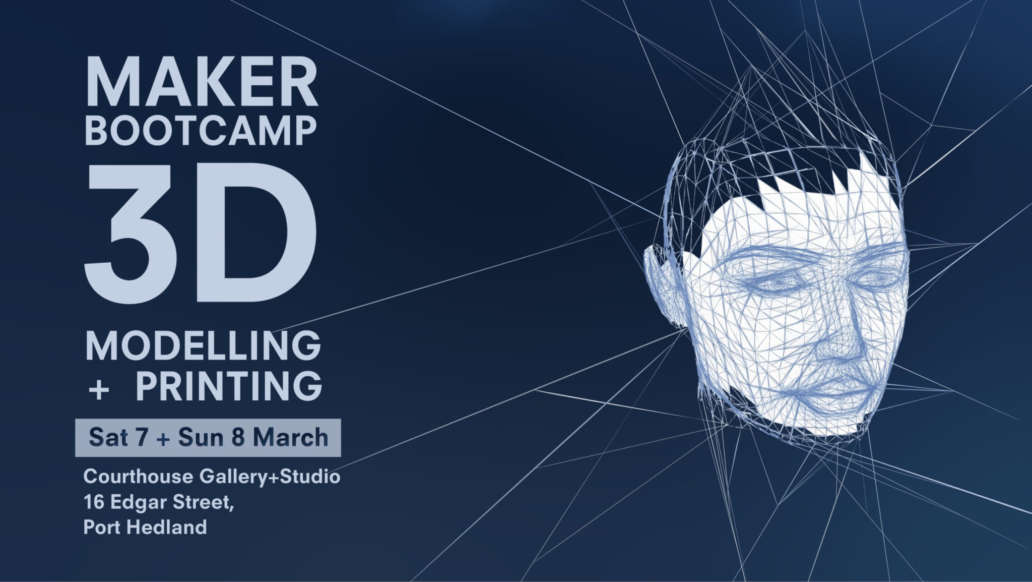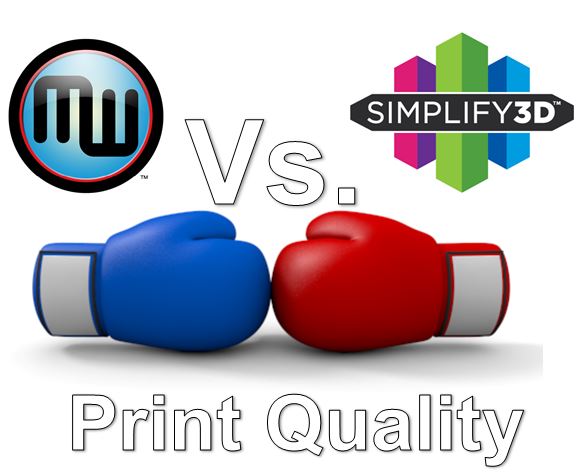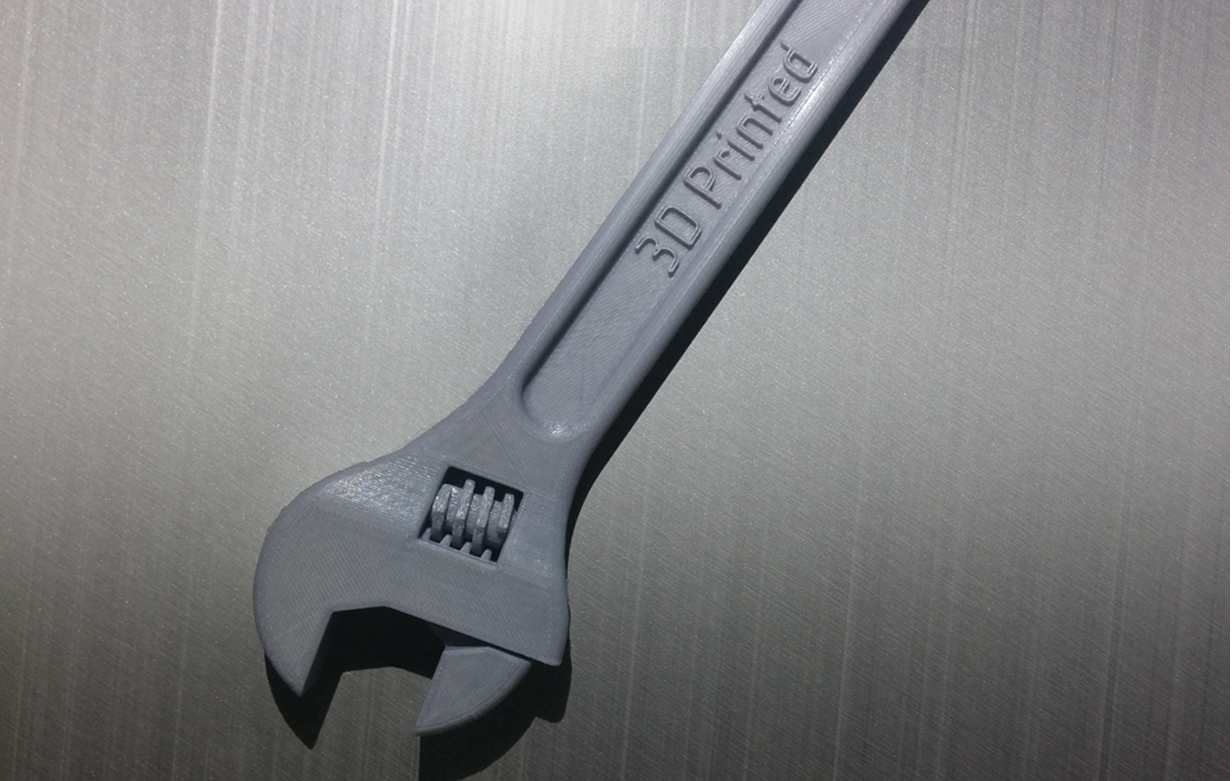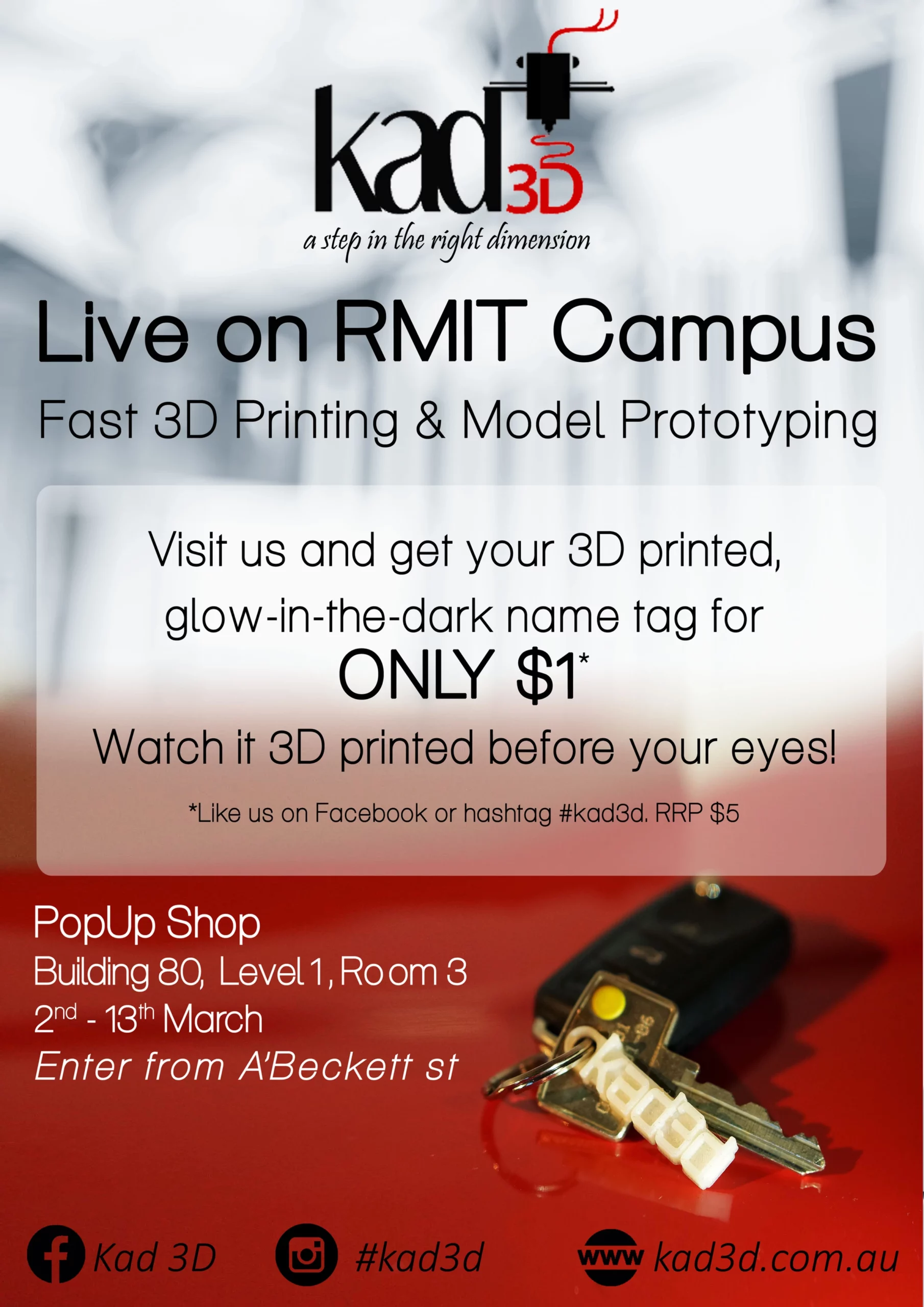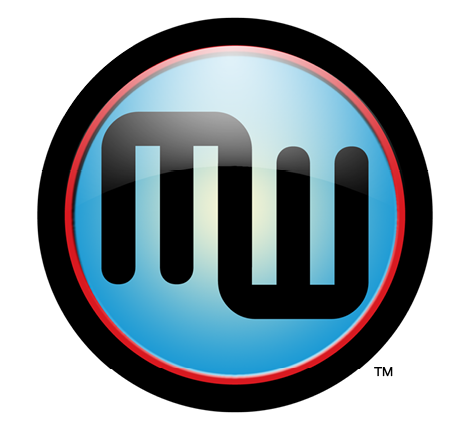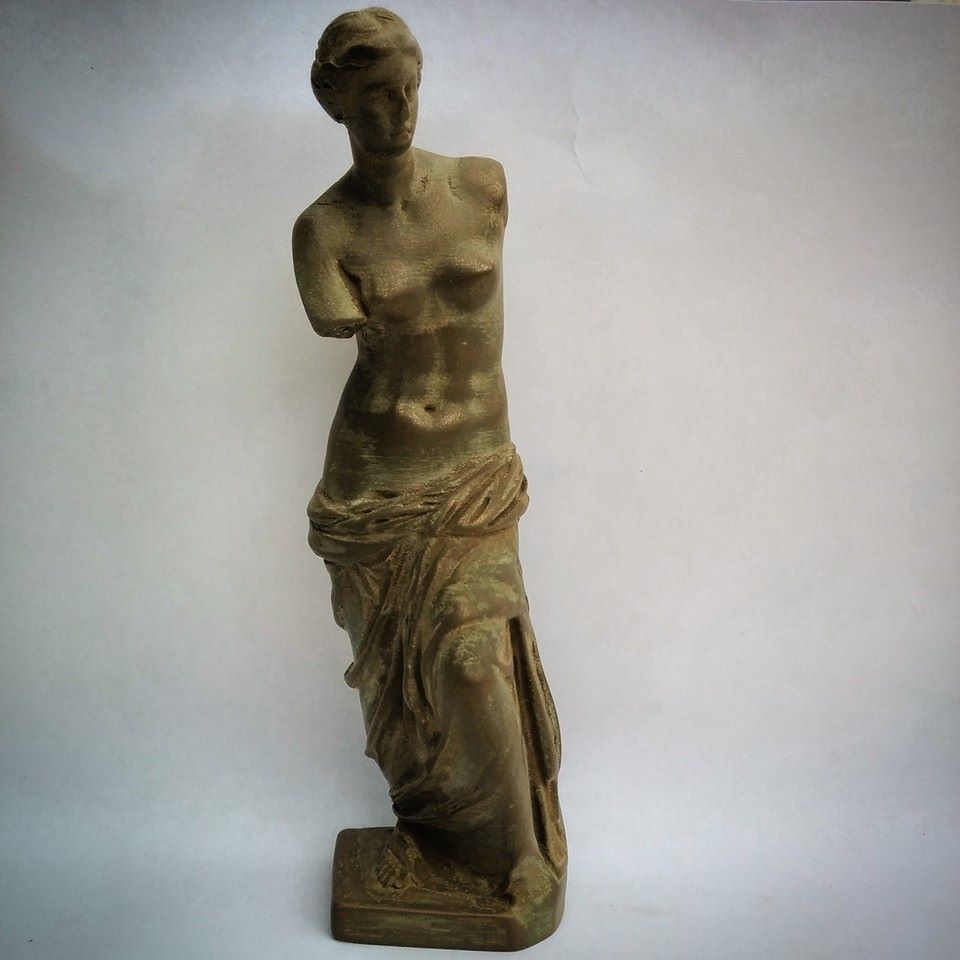PC-PBT (Polycarbonate-Polybutylene Terephthalate)
Brief Introduction and History: PC-PBT is a blend of two engineering thermoplastics – polycarbonate and polybutylene terephthalate – known for its high impact resistance and excellent dimensional stability. First introduced in the 1980s, PC-PBT has since become a popular material in various industrial applications, including 3D printing.
Material Composition: PC-PBT is composed of polycarbonate, which provides toughness and heat resistance, and polybutylene terephthalate, which offers good strength and chemical resistance. These two components are blended in specific ratios to achieve the desired balance of properties.
Uses: Common applications of PC-PBT include automotive components, electrical connectors, and housings for consumer electronics due to its impact resistance and dimensional stability.
Best Fit Use: PC-PBT is best suited for applications requiring both mechanical strength and resistance to environmental factors, making it an ideal choice for parts exposed to harsh conditions in automotive and electronic industries.
Detailed Example of Specific Use 1: PC-PBT is extensively used in automotive interiors for manufacturing of door handles, seat belt components, and airbag housings due to its excellent impact and heat resistance properties.
Detailed Example of Specific Use 2: In the electronics industry, PC-PBT is used for producing connectors and sockets, where dimensional stability and resistance to corrosion are essential for reliable performance in electronic devices and appliances.
Difference Between Basic and Advanced Forms: Advanced forms of PC-PBT may include reinforced variants with glass fibers or flame-retardant additives, offering enhanced mechanical and fire-resistant properties compared to standard PC-PBT.
Benefits: PC-PBT offers high impact strength, dimensional stability, chemical resistance, and good flowability during molding, making it an excellent choice for producing complex 3D-printed parts.
Drawbacks: One potential limitation of PC-PBT is its higher cost compared to some other 3D printing materials. Moreover, the material may require specific processing conditions to achieve optimal properties.
Overall Rating for Daily Use: 4.5/5 – PC-PBT is highly suitable for daily use in both hobbyist and professional contexts, providing exceptional performance in demanding applications.
Future Developments: Ongoing research focuses on further enhancing the mechanical and thermal properties of PC-PBT, as well as exploring sustainable alternatives for its raw components, aiming to expand its use in various 3D printing applications.
